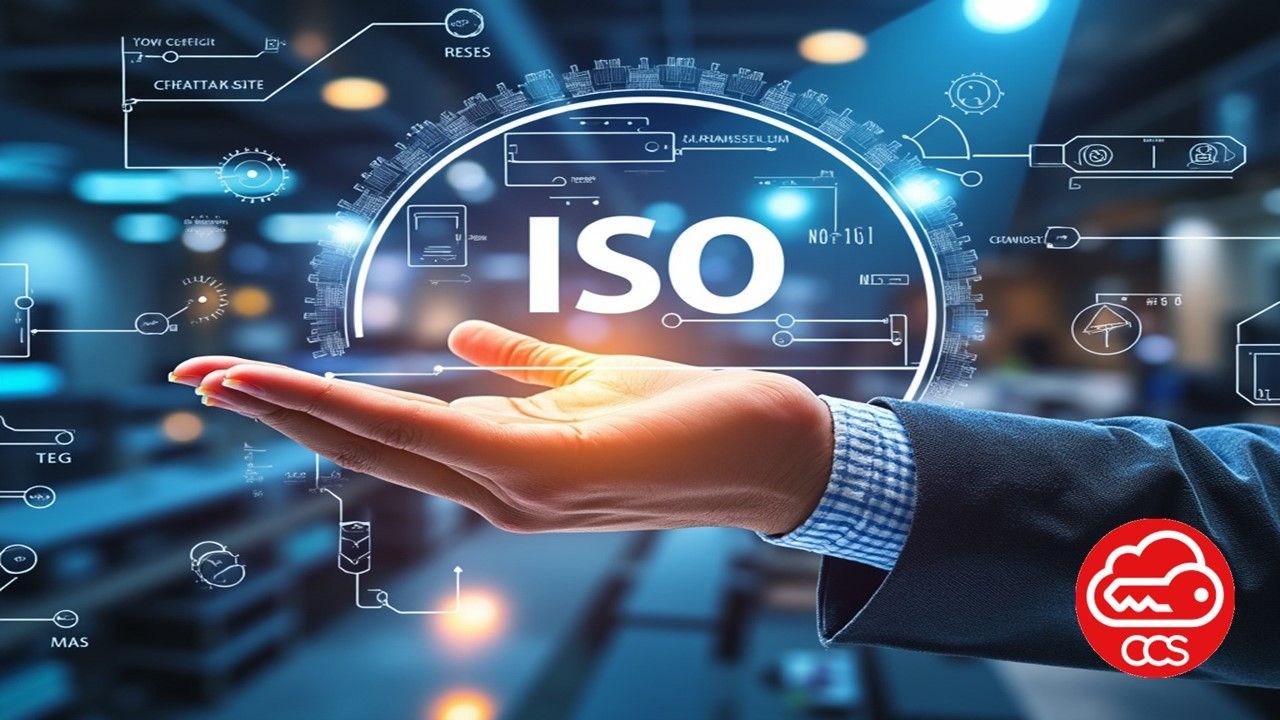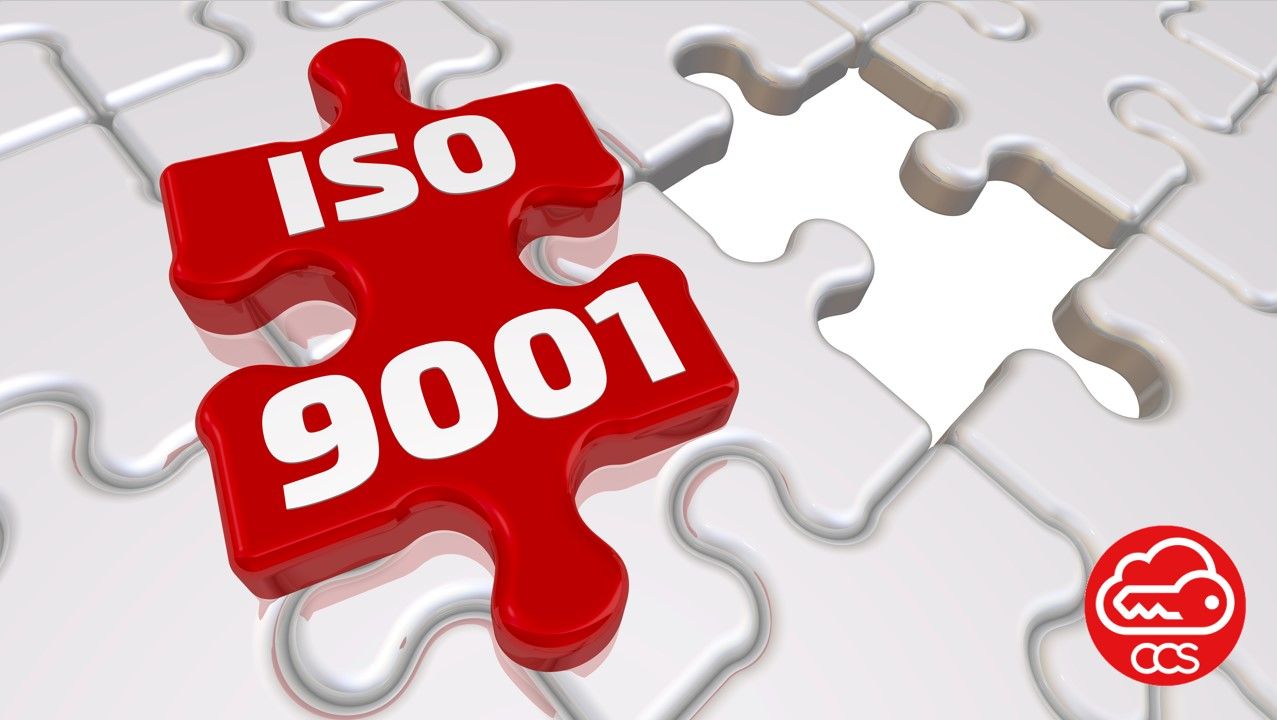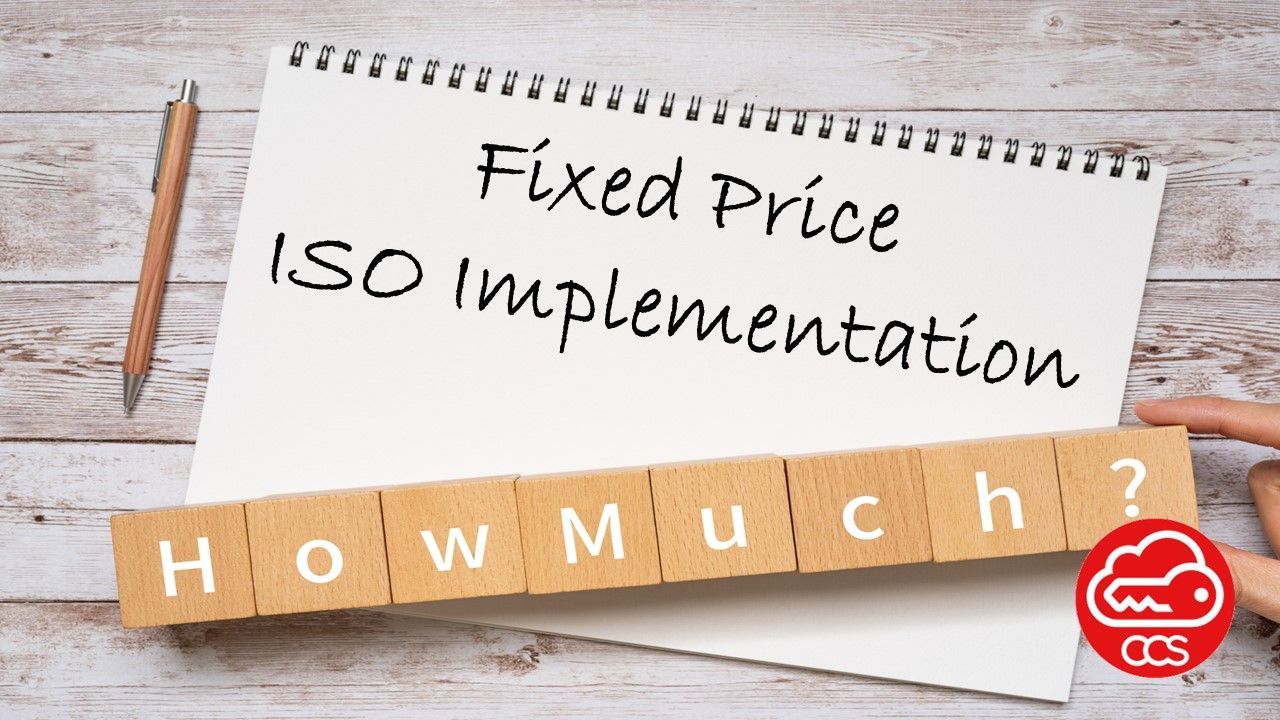How ISO 9001 Can Help SMEs When Selling Their Business
Selling a business is a significant milestone for any small or medium-sized enterprise (SME). The process can be complex, with potential buyers examining every detail to ensure the business is a worthwhile investment. One factor that can enhance a business’s attractiveness and increase its value is ISO 9001 certification, the internationally recognised standard for quality management systems. Achieving ISO 9001 can offer numerous advantages, giving an SME a competitive edge when it comes to selling.
1. Demonstrates Operational Excellence
ISO 9001 sets out the requirements for an effective quality management system (QMS), ensuring that products and services consistently meet customer and regulatory requirements. For an SME, having ISO 9001 certification signals to prospective buyers that the business operates efficiently, with well-structured processes and systems. This operational excellence is often a key differentiator, as buyers are more likely to value a business that is well-organised, stable, and committed to maintaining high standards of quality.
2. Increases Business Valuation
A business with ISO 9001 certification typically enjoys a higher valuation due to the credibility and assurance it provides. ISO 9001 helps reduce inefficiencies, minimise errors, and optimise the use of resources, which translates into lower costs and increased profitability. These factors are crucial when determining the value of a business. Moreover, certification reassures buyers that the business is less likely to suffer operational issues, making it a safer and more profitable investment.
3. Attracts a Broader Range of Buyers
In today’s marketplace, many potential buyers, particularly larger corporations or investors, seek businesses that adhere to certain quality standards. ISO 9001 certification can open up opportunities with this broader range of buyers. Businesses in industries such as manufacturing, healthcare, and services often prefer to acquire companies that are ISO-certified, as it provides confidence that the business is run under a structured, audited framework. This increases the likelihood of attracting serious interest from buyers who value compliance and quality assurance.
4. Improves Customer Retention and Loyalty
ISO 9001 places a strong emphasis on customer satisfaction, ensuring businesses continually improve processes to meet or exceed customer expectations. A business with a solid track record of satisfied customers is more appealing to potential buyers, as it demonstrates a reliable revenue stream and customer loyalty. Buyers are likely to see greater value in a company that has built strong, long-term relationships with its customers, reducing the risk of losing clients after the sale.
5. Reduces Business Risk
ISO 9001 encourages businesses to adopt a risk-based approach to management, identifying potential risks and opportunities in their operations and proactively addressing them. This makes a business more resilient to challenges and reduces the likelihood of costly mistakes. For buyers, acquiring an ISO 9001-certified business provides peace of mind that risks are being effectively managed. This lower risk profile makes the acquisition more secure, as the company is less likely to face unexpected operational or quality issues.
6. Enhances Transparency and Documentation
One of the key elements of ISO 9001 is its focus on documentation and traceability. Processes, procedures, and business functions must be properly documented and regularly audited to maintain certification. For prospective buyers, access to well-documented business practices provides valuable insights into how the business operates. This level of transparency can streamline due diligence, expedite the sale process, and enhance buyer confidence by showing that the business has a clear and consistent operational structure.
7. Supports a Smooth Transition
A primary concern for buyers is how smoothly the business will continue to run after the sale. ISO 9001 certification ensures the business operates under consistent, repeatable processes, making it easier for new owners to take over without disrupting operations. The standard’s focus on continual improvement means the business is already set up to evolve and adapt, making the transition smoother for both the seller and the buyer. This is particularly attractive to buyers who may be less familiar with the industry but are looking for a business with scalable, efficient systems.
8. Boosts Reputation and Market Position
ISO 9001 is a globally recognised symbol of quality and can significantly enhance a business’s reputation. Businesses that hold this certification stand out as prioritising quality, efficiency, and customer satisfaction. A strong reputation, bolstered by ISO 9001 certification, makes the business more appealing to buyers, as it is likely to have a loyal customer base, solid supplier relationships, and a strong market presence. These factors all contribute to the overall attractiveness and value of the business.
For SMEs preparing to sell their business, ISO 9001 certification can be a powerful asset. It not only demonstrates a commitment to quality and operational efficiency but also makes the business more attractive and valuable to prospective buyers. From enhancing customer retention to reducing operational risk and ensuring a smoother transition, ISO 9001 certification offers significant advantages during the sale process. For SMEs, investing in ISO 9001 can lead to a more successful and profitable sale when the time comes to exit the business.




